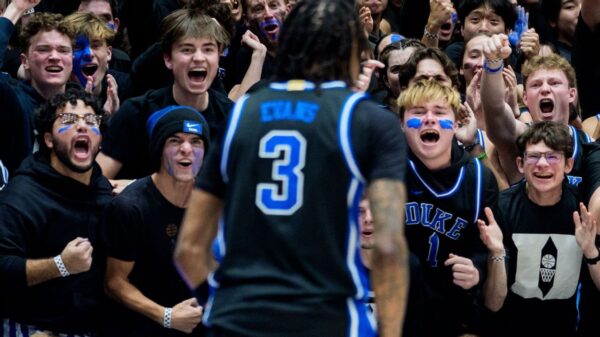Georgia’s governor race has taken a significant turn with the recent entries of two prominent figures from the 2020 election. Former Lieutenant Governor Geoff Duncan, previously a rising star in the Republican Party, is now campaigning as a Democrat. In contrast, Secretary of State Brad Raffensperger, a steadfast Republican, continues to represent the party while distancing himself from the controversies surrounding former President Donald Trump‘s election fraud claims.
Changing Dynamics in Georgia Politics
The emergence of Duncan and Raffensperger has reshaped the landscape of the upcoming election. Both candidates hail from the northern suburbs of Atlanta, an area that has witnessed a notable political shift in recent years. Their shared background as Republicans who reject the baseless claims of election fraud aligns them with a growing faction of voters seeking integrity and accountability in leadership.
Duncan’s decision to switch parties highlights a broader trend among some Republican leaders who are increasingly disenchanted with the direction of the party under Trump. His campaign aims to attract moderates and independents who prioritize democratic values over party loyalty. In contrast, Raffensperger remains firmly within the Republican fold, focusing on his record of protecting election integrity while appealing to traditional conservative voters.
Impact on Voter Sentiment
The political environment in Georgia is heavily influenced by the events of the 2020 election. The state’s pivotal role in the presidential race, along with the subsequent runoff elections, galvanized voter engagement and activism. As both candidates enter the fray, their positions on key issues—such as voting rights, economic recovery, and public health—will be scrutinized by an electorate that is more informed and involved than ever.
Polling data indicates that the outcome of the governor’s race could be closely contested. Recent surveys show that both candidates have the potential to draw significant support, with voters divided on their preferences. The addition of Duncan and Raffensperger promises to further energize the electorate, setting the stage for a competitive campaign leading up to the election.
As the race unfolds, the candidates will likely face challenges from within their respective parties. Duncan must solidify his position among Democrats who may be skeptical of his Republican past, while Raffensperger will need to navigate the expectations of a party still grappling with Trump’s influence.
With the election scheduled for November 8, 2022, the stakes are high for both candidates. Their ability to connect with voters and articulate a compelling vision for Georgia will be crucial in determining the state’s political future. As the campaign progresses, these dynamics will continue to evolve, reflecting the complexities of a rapidly changing political landscape.





































































